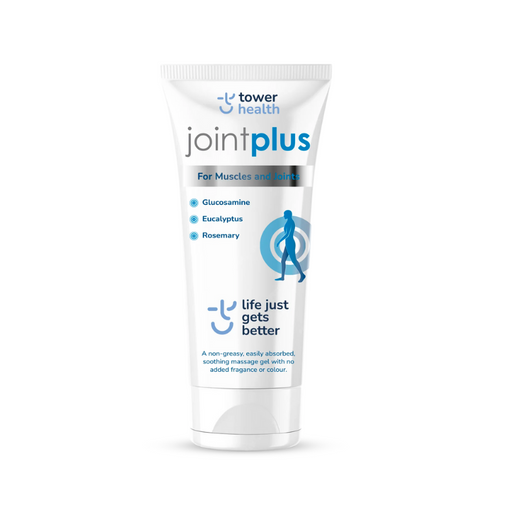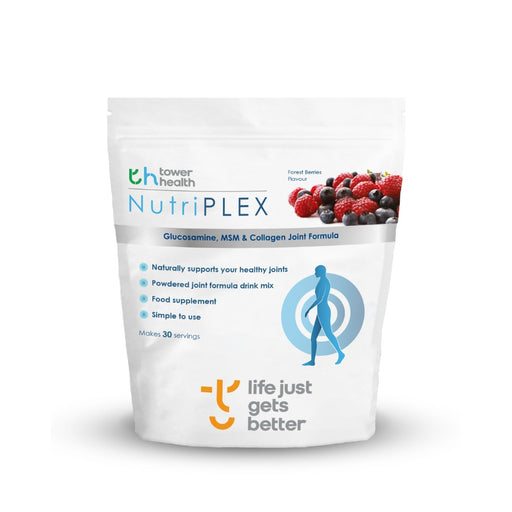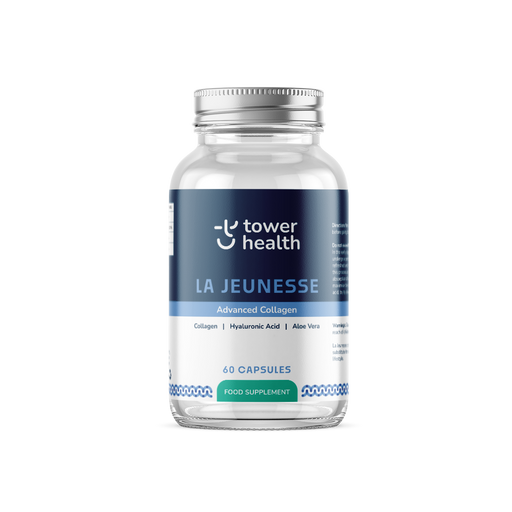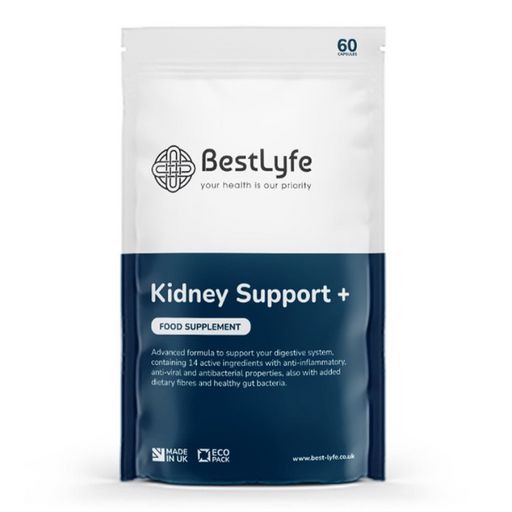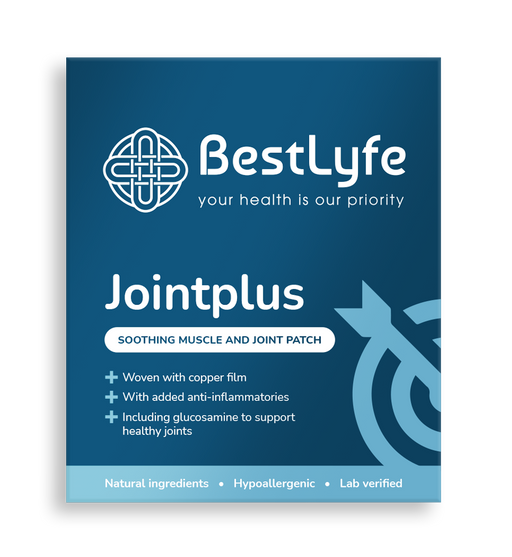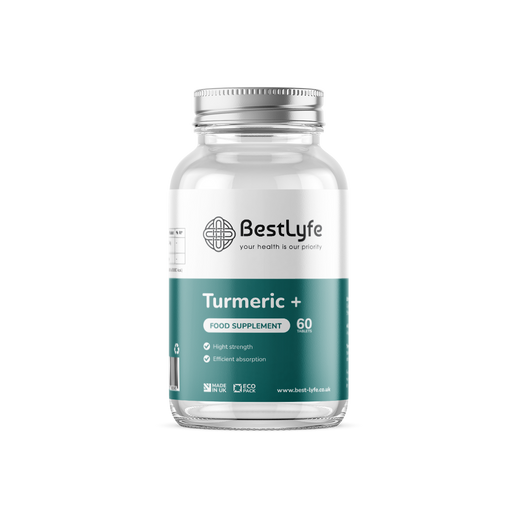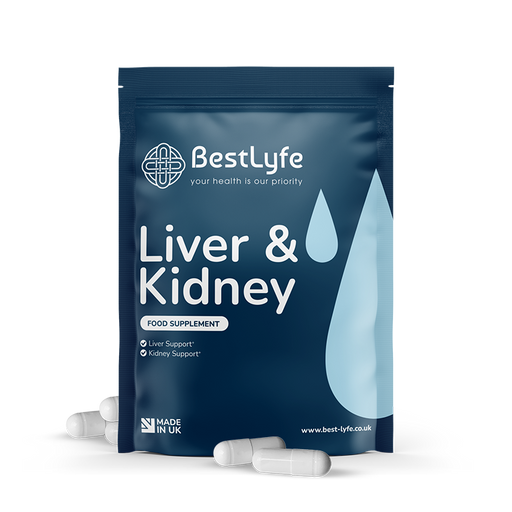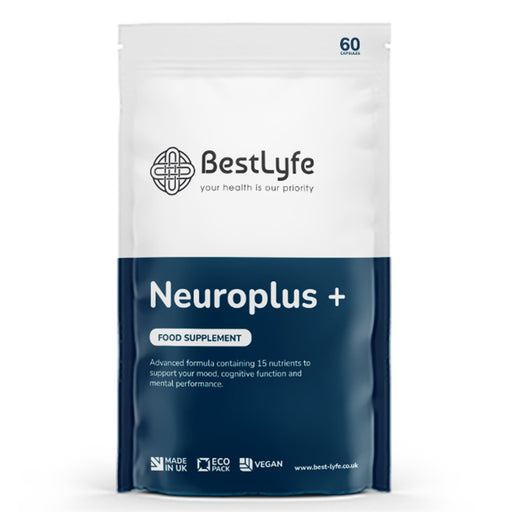Magnesium
Are you feeling like you have difficulty sleeping? Low mood? Salt and sugar cravings? Muscle, stomach and menstrual cramps? Or even something that we all feeling difficult to talk out… constipation? If this does sound like these are something you’re struggling with, maybe you are deficient in magnesium.
According to Dr. Norman Shearly, ‘Every known illness is associated with a magnesium deficiency. Magnesium deficiency may be responsible for more diseases than any other nutrient.’
When it comes down to DNA repair, metabolism, body weight, muscles, neurotransmitters, hormones and other health-sustaining functions, Magnesium is involved in all these reactions, in-fact, Magnesium carries out over 600 reactions.
Just an interesting fact for you all to be aware of and to store away for when you do a general knowledge at Christmas with your family, serotonin and glutathione require Magnesium for their synthesis.
Magnesium in your diet!
Kelp contains almost 800mg of magnesium per serving, however, shouldn’t be eaten in high quantities as it is a natural source of iodine. Alternatives to eating kelp and still ensuring you have magnesium in your diet, is through eating green leafy vegetables or raw green vegetable juices. The concentration of magnesium depends on the quality of the soil used as it is based off the magnesium in the soil. Foods such as spouts and raw green salads are much higher in magnesium than beans and whole grains as they must be consumed well cooked, preventing indigestion.
If you struggle to find ways of getting magnesium into your diet, why not try this mega-magnesium-based recipe… salmon power bowl!
All you need to make this dish is:
114g Salmon
384-512 Seasonal Greens
64g slices of Zucchini and Squash
64g Raspberries
1 tbsp Balsamic Glaze
2 tbsp Avocado or Olive Oil
Pinch of salt
Dash of pepper
2 Thyme springs
Parmesan crumbles
Lemon juice
How to make this recipe:
Step 1 – Slice your Zucchini and Squash, sauté with ½ tbsp oil and a little bit of pepper and salt. Also make sure you Salmon is already cooked. We roast ours in 1 tbsp oil, lemon, pepper and salt for 10 minutes at 400 degrees Fahrenheit.
Step 2 – Once the Zucchini and Salmon is cooked, go ahead and build your bowl. Greens first, then veggies, and salmon. Drizzle in your balsamic glaze, thyme sprig leaves, and the rest of the oil. Toss all together and place in a bowl.
Step 3 – Add your raspberries last with a touch of lemon juice on top.
Step 4 – Sprinkle with Parmesan if desired.
It is recommended by our health specialists to try and not have soft water as hard water contains much higher levels of magnesium and calcium. However, the only downside to have hard water is that inorganic calcium carbonate in hard water contributes to arteriosclerosis, kidney stones, constipation, or pineal gland calcification.
Magnesium deficiency:
When someone is deficient in magnesium, it does not normally show up on blood tests as only 1% of the body’s magnesium is stored in the blood. Through us knowing this, we thought we would list some factors associated with lower magnesium levels:
- Deprived of magnesium refined diet (white flour products, white rice, etc).
- Most food – according to Dr. Dean, ‘A hundred years ago, we would get 500 milligrams of magnesium in an ordinary diet. Now we’re lucky to get 200 milligrams!’. From this statement it can be understood that it can be very difficult to get enough magnesium from our diet and so a supplement is a good addition to your diet.
- Excessive amounts of calcium can also lead to magnesium deficiency and increased risk of heart attack, muscle cramps and spasms and neurological abnormalities.
- Sugar makes our body get of magnesium in urine through our kidneys.
- Emotional stress – the more stress that occurs in our life, the less magnesium we have in our body.
- Fluoride in water.
- Alcohol – this interferes with the absorption of vitamin D, which is require for the absorption of magnesium.
- Caffeine.
- Digestive system problems
- Soda
- Menopause
- Age – ability to absorb magnesium decreases with age.
We know that now you have read about the negatives of not having enough magnesium in your diet, it would probably be beneficial for you to also know the positives of magnesium.
Magnesium allows us to control stress and is vital for the functioning of the nervous system and brain, making our mood boost and improving our sleep patterns. One form of magnesium is magnesium citrate, an osmotic laxative, meaning that it helps relieve constipation, making stools pass easier when it comes to that time in the day. Magnesium also helps with the maintenance of blood glucose levels - studies have shown that oral magnesium supplementation improves insulin sensitivity in people with insulin resistance and high blood sugar levels. Coming from a biological aspect, Magnesium helps relax blood vessels, promotes heart health and normal blood pressure – according to Dr. Yiqing Sonh, ‘evidence indicates that maintenance of optimal magnesium status in the human body may help prevent or treat hypertension’.
ANY INFORMATION OR PRODUCT SUGGESTED ON THIS WEBSITE IS NOT INTENDED TO DIAGNOSE, TREAT, CURE OR PREVENT ANY MEDICAL CONDITION. NEVER DISREGARD MEDICAL ADVICE OR DELAY IN SEEKING IT BECAUSE OF SOMETHING YOU HAVE READ ON THIS WEBSITE. CONSULT YOUR PRIMARY HEALTHCARE PHYSICIAN BEFORE USING ANY SUPPLEMENTS OR MAKING ANY CHANGES TO YOUR REGIME.
Best Selling Natural Health Products
-
Joint Plus - Glucosamine Joint Gel 200ml
Original price £17.95 - Original price £107.70Original price £53.85£17.95£17.95 - £86.16Current price £17.95in stockNourish and improve mobility with Joint Plus Glucosamine Gel Targeted anti-inflammatory action from natural ingredients that work in synergy to co...
View full detailsOriginal price £17.95 - Original price £107.70Original price £53.85£17.95£17.95 - £86.16Current price £17.95 -
Nutriplex: Collagen Rich Joint Health Supplement - Tower Health
Original price £29.95 - Original price £143.00Original price£29.95£29.95 - £143.00Current price £29.95In stockImprove Joint Health & Mobility with Nutriplex Reap the benefits of our collagen-rich joint health supplement, packed with essential nutri...
View full detailsOriginal price £29.95 - Original price £143.00Original price£29.95£29.95 - £143.00Current price £29.95 -
La Jeunesse Collagen Capsules 1200mg 60 Capsules - Tower Health
Original price £29.95 - Original price £134.11Original price£29.95£29.95 - £134.11Current price £29.95in stockIntroducing La Jeunesse Collagen: Your Comprehensive Skin and Joint Health Solution Discover La Jeunesse Collagen, a meticulously formulate...
View full detailsOriginal price £29.95 - Original price £134.11Original price£29.95£29.95 - £134.11Current price £29.95 -
Bestlyfe Kidney Support+
Original price £24.95 - Original price £149.70Original price £74.85£24.95£24.95 - £119.70Current price £24.95in stockCleanse, detox, repair and support your digestive system with Bestlyfe's Kidney Support+ Advanced formula containing 14 nutrients and vitamins to s...
View full detailsOriginal price £24.95 - Original price £149.70Original price £74.85£24.95£24.95 - £119.70Current price £24.95 -
Jointplus Patches
Original price £29.95 - Original price £29.95Original price£29.95£29.95 - £29.95Current price £29.95in stockA natural upgrade on the glucosamine patches Natural ingredients - contains Glucosamine and Vitamin A,C & E 30x pack Discrete and convenient -...
View full detailsOriginal price £29.95 - Original price £29.95Original price£29.95£29.95 - £29.95Current price £29.95 -
Paingone Plus: The Automatic TENS Pen
Original price £49.95Original price £59.94 - Original price £59.94Original price £49.95Current price £42.95£51.54 - £51.54Current price £42.95In stockPortable, Automatic Tens pen AS SHOWN ON TV Introducing Paingone Plus – your go-to solution for rapid and efficient pain relief. This compa...
View full detailsOriginal price £49.95Original price £59.94 - Original price £59.94Original price £49.95Current price £42.95£51.54 - £51.54Current price £42.95Save 14% -
Turmeric+ - 60 Tablets
Original price £12.95 - Original price £12.95Original price£12.95£12.95 - £12.95Current price £12.95in stockImprove Wellness With Turmeric Support your wellness routine with BestLyfe Turmeric+ tablets containing over 1,000 mg of Turmeric per recommended...
View full detailsOriginal price £12.95 - Original price £12.95Original price£12.95£12.95 - £12.95Current price £12.95 -
Liver & Kidney - Cleanse & Detox
Original price £39.95Original price £39.95 - Original price £209.70Original price £39.95Current price £31.95£31.95 - £191.75Current price £31.95in stockBestLyfe's recommended supplements to support healthy digestive organs. Fight back against overindulgence with 26 nutrients that keep your liver an...
View full detailsOriginal price £39.95Original price £39.95 - Original price £209.70Original price £39.95Current price £31.95£31.95 - £191.75Current price £31.95Save 9% -
Neuroplus+
Original price £24.95 - Original price £149.70Original price £74.85£24.95£24.95 - £119.76Current price £24.95in stockUnlock your cognitive performance and enhance your mood with Nauroplus+. Our carefully crafted blend of 15 nutrients aims to elevate your m...
View full detailsOriginal price £24.95 - Original price £149.70Original price £74.85£24.95£24.95 - £119.76Current price £24.95 -
Paingone Aegis: Your Shield Against Back Pain
Original price £71.94 - Original price £71.94Original price£59.95£71.94 - £71.94Current price £59.95Only 5 left!Wireless TENS machine for lower back pain. Adjustable intensity levels with remote control. Class IIa medical device. Can be worn under clothing....
View full detailsOriginal price £71.94 - Original price £71.94Original price£59.95£71.94 - £71.94Current price £59.95

